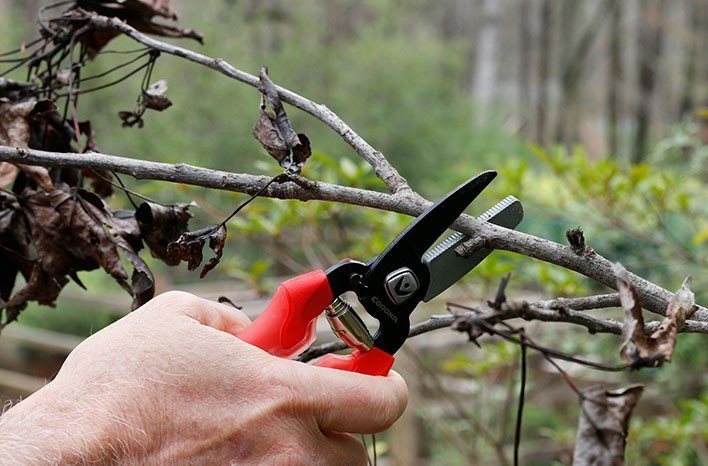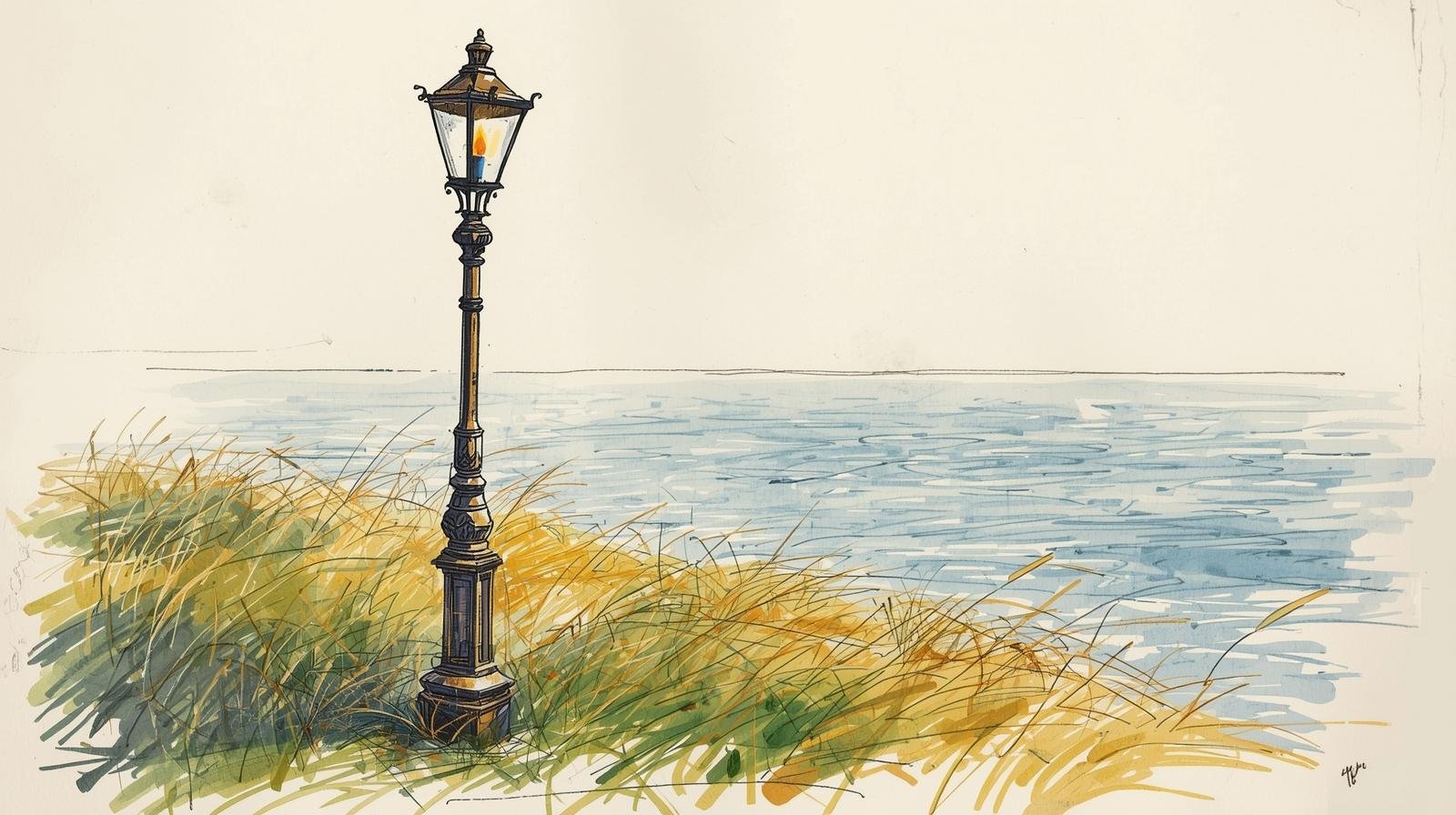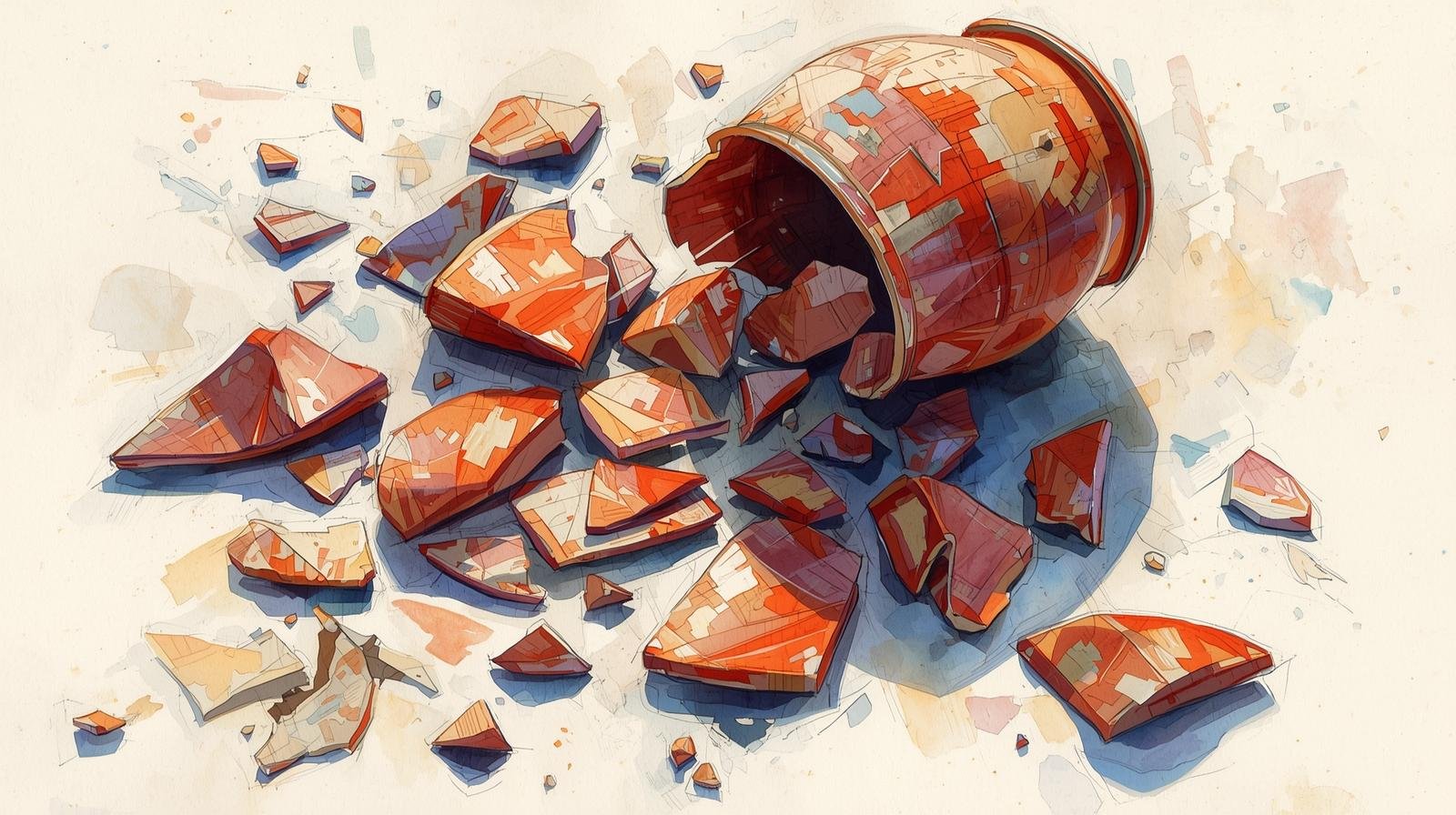
by f. Luis CASASUS, General Superior of the men’s branch of the Idente Missionaries.
Europe, May 02, 2021. | Fifth Sunday of Easter
Acts of the Apostles 9: 26-31; First Letter of John 3: 18-24; Saint John 15: 1-8.
In the early years of rock and roll, around 1956, a song that went something like this became very popular:
You can knock me down, step in my face Slander my name all over the place Do anything that you want to do But uh-uh honey, lay off of my blue suede shoes.
Elvis Presley, the artist who popularized it, made a clever, humorous, and expressive use of the attachment we have to some objects. He said in his song that he considered his suede shoes more valuable than his own life. Few of us would give an object more value than our own life, no matter how sentimentally attached we are or how much comfort that object provides us.
However, when it comes to people, things are different. A mother or father is often willing to sacrifice his or her life for a child. When we are truly in love with a person or owe him or her our life, we find it almost impossible to live without his or her presence, his or her memory, or his or her affection. Life would no longer be the same.
Jesus in today’s Gospel text exhorts us to remain in Him. Why? Because apart from Him, we are nothing, no matter how rich, admired, and learned we are.
The money that we have can fly away from our possession anytime. The knowledge that we have will escape our mind once we become senile, and loved ones may distance themselves from us or end their stay in this world. This reality, this “connection” with others, goes beyond what the Greek philosopher Aristotle said: that the human being is a social animal. And also beyond the psychological fact that we all need to receive and give sincere affection.
Paradoxically and in spite of our selfishness, what every person needs is to live a love without limits. Without holding anything back, without this state of love ending and whose fruits are sure.
St. Peter came to this conclusion and expressed it clearly and concisely: Master, to whom shall we go? You have the words of eternal life (Jn 6: 68). Jesus confirms it in today’s Gospel: Without me you can do nothing. But he also tells us the precise way to achieve the full and eternal life that every person longs for, intuits, or has thought he has tasted at some point. His words are not only information but a true path.
Furthermore, Jesus does not limit himself to telling us what is good for us, but he acts. He intervenes in our soul. And the image he offers us today of himself could not be clearer and more explicit to show how he does this: he prunes us as an expert vinedresser does. This is purification, which he entrusts to the Holy Spirit. It is important not to forget that what is essential is HIS pruning action, not simply OUR purifying effort.
Many spiritual traditions and religions emphasize, rightly and based on experience, the need for purification, but Jesus promises us that He takes care of it if we allow Him to do so.
On our own, we cannot succeed in freeing ourselves from our limits. There is a lovely story from Nazrudin, a Sufi Master, who was gifted in telling absurd tales. One day, the story goes, he sent one of his disciples to the market and asked him to buy him a bag of chilies. The disciple did as requested and brought the bag to Nazrudin, who began to eat the chilies, one after another. Soon his face turned red, his nose started running, his eyes began to water, and he was choking. The disciple observed this for a while with awe and then said: Sir, your face is turning red, your eyes are watering, and you are choking. Why don’t you stop eating these chilies? Nazrudin replied: I am waiting for a sweet one.
It is difficult for us to listen to people’s opinions and advice, but also to the advice that God continually gives us. The Holy Spirit seeks to purify us of everything that is useless, obsessive, harmful, or a distraction in our struggle to unite with God and our neighbor.
You are already made clean by the word I have spoken to you. It is not a declaration of innocence of the disciples, but the indication of the instrument the Father uses to prune us. Saint John reminds us at the beginning of his First Letter: If we say we have no sin, we deceive ourselves and the truth is not in us.This explains why our purification has to be continuous until the end of our life. In its two aspects, what the Spirit does in us and our response, which is essentially abnegation.
Probably one of the most frequent purifying actions of the Holy Spirit is Mystical Apathy. But it is necessary to understand well what mystical apathy means.
Firstly, it has nothing to do with indifference, laziness, insensitivity or disinterest in the affairs of the kingdom of heaven or the world. Apathy, as a strictly psychological term, stands for a state of indifference, where an individual is unresponsive (indifferent) to aspects of emotional, social, or physical life. But, in our spiritual life, it usually refers to a lack of sympathy or antipathy for the things of God.
Secondly, it refers not only to a lack of sympathy or antipathy for the necessary penitence, but also to liberation from the power of the passions, something that is impossible to attain completely by our own strength. We seldom speak of this feature of mystical apathy, but if we carefully observe our experience, we will remember many moments when our mind and our will move away from the slavery of the passions, in a way that is difficult to explain without the intervention of the Spirit.
In this regard, probably the most spectacular result of mystical apathy (promoted in us by the Spirit) are the moments of victory over our instinct for happiness, because we become obedient and we experience how God uses our small acts of generosity as the Second Reading tells us today: We have confidence in God and receive from him whatever we ask, because we keep his commandments and do what pleases him.
On many occasions, mystical apathy goes so far as to change our vision of the world and the spiritual life. Our Father Founder calls Emptiness that state in which we have no urgency in obtaining spiritual joys nor those that come from the world. Our priorities and our order of values are transformed.
Jesus himself died as a failure on a cross. There was no visible success there to be proud of. Still, the fruitfulness of Jesus’ life is beyond any human measure. As faithful witnesses of Jesus, we have to trust that our lives, too, will be fruitful, even though we cannot see their fruit today.
One of the great difficulties we encounter in hearing God’s voice and thus being able to bear fruit are distractions. Quietly but awfully efficiently, distractions keep us from remaining in Him. In fact, they are the most brilliant victories for the devil because, without struggle or temptation, he separates us from the things of God, from the need of our neighbor. We are distracted by bad, good, or morally neutral matters. Our limited energy is lost before we can use it to do good. And this truth has been recognized in all the great spiritual traditions.
There is a story told about Arjuna in the Hindu scriptures, The Mahabharata. Preparing for the great battle that would become the Hindu Armageddon, Arjuna and his brothers are introduced to Drona who is to teach them the art of war and life. In order to gauge their ability, Drona places a vulture made of straw and rags on top of a distant tree. He then asks each would-be archer to describe what they see as each draws their bow and aims the arrow.
One by one, they describe seeing the vulture, the tree, the sky, a cloud, their hands and the bow. Each brother is rejected, with Drona commenting, Back. All of you. Useless to shoot. Then he turned to the last brother, Arjuna. What do you see?, asks Drona. A vulture. Describe the vulture. I can’t. Why? I can only see its head, Arjuna explains. At last, with satisfaction, Drona tells Arjuna, “Release your arrow. I’ll make you the finest archer in the world. Arjuna had the necessary discipline to focus on the target, to avoid unnecessary distractions.
The Holy Spirit helps us in this permanent pruning of useless branches. The fruits of purification are not only to transform our spiritual life. The witness of one who welcomes and endures adversities, knowing that the Holy Spirit uses them (not generates them) to change and purify our intentions, is very powerful.
This is the case of St. Paul, as reflected in the First Reading. First, he has to suffer the setback and the contrariety of not being believed by many, due to his previous role as a persecutor of Christians. And then, he has to go through hardships, including the danger of death, because of his preaching to the Hellenists. This is a message for all of us, when we find misunderstandings, differences and distrust in those who are our brothers. The tendency to abandon everything or to follow one’s own way is then strong, but the opportunity we have to demonstrate that we follow Christ ONLY to give glory to God the Father, manifesting His love, is really very special.
Let us seriously think about what Jesus wants to convey to us today: Remain in me, as I remain in you (…) Whoever remains in me and I in him will bear much fruit, because without me you can do nothing. God will make our love fruitful, whether we see that fruitfulness or not. It is about abiding in the Lord to have the courage to go out of ourselves, of our comforts, of our restricted and protected areas, to go into the open sea of the needs of others and give ample breadth to our Christian witness in the world.
Finally, as Saint John begins by telling us today, the signs of the presence Christ in our life are not the professions of faith proclaimed in words but concrete actions of service and forgiveness in favor of our neighbor: My dear children, let us love not only in words and with our lips, but in truth and in deed.












